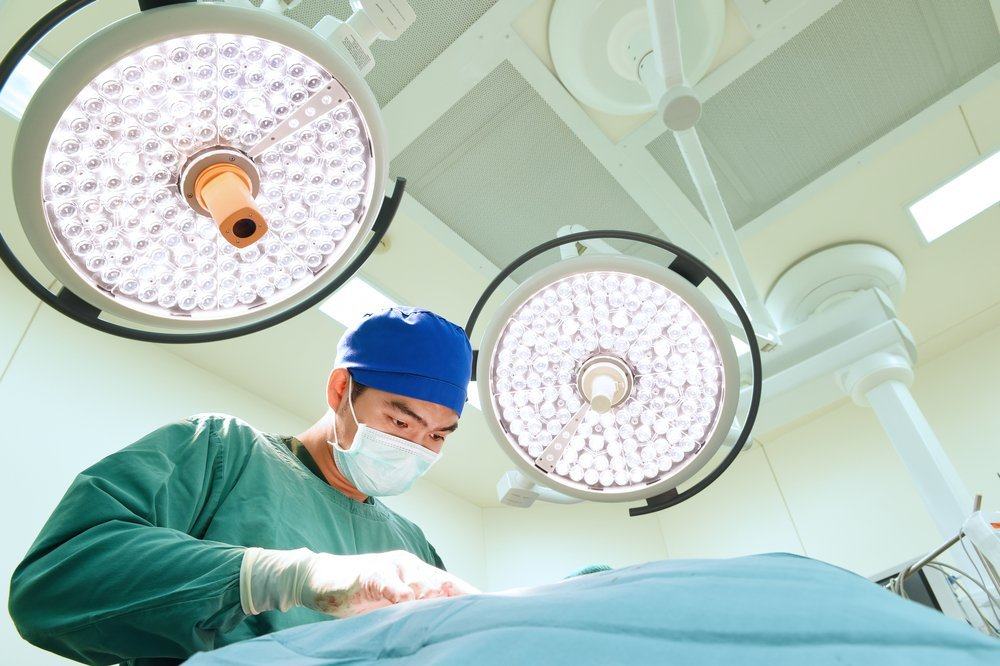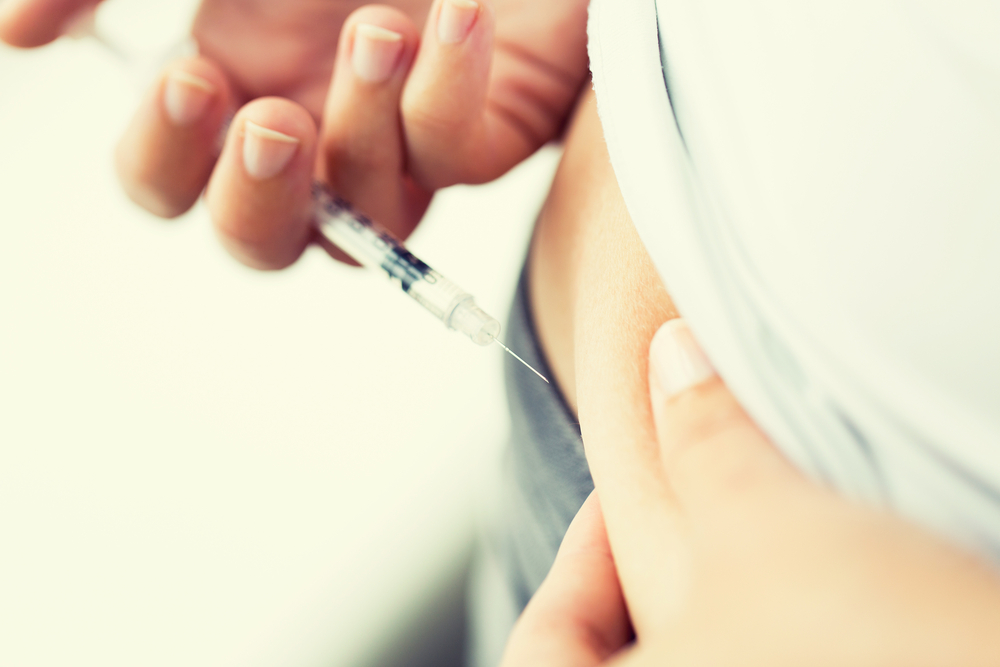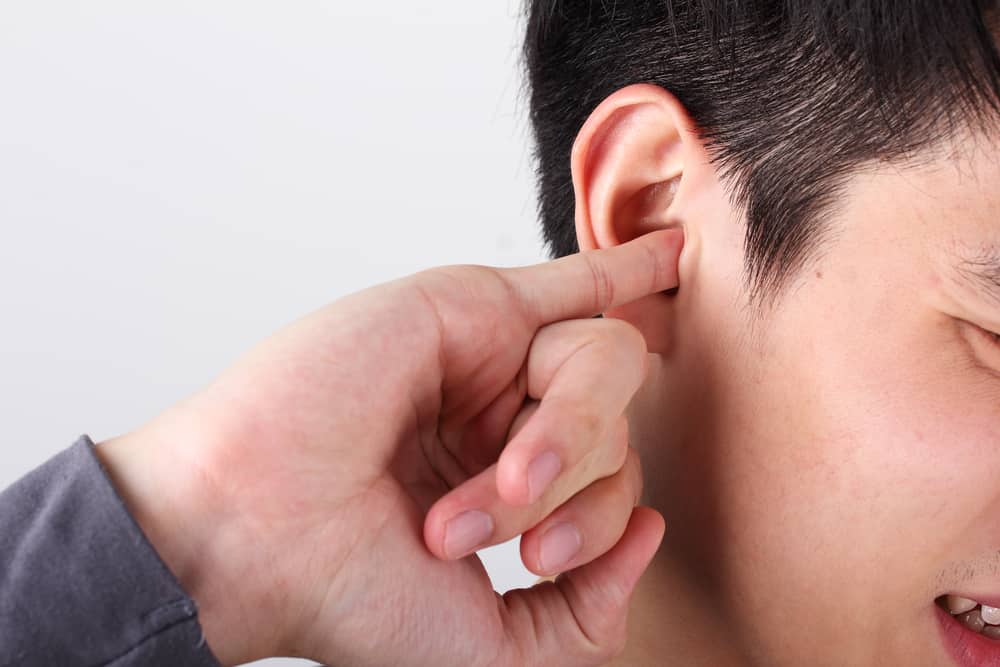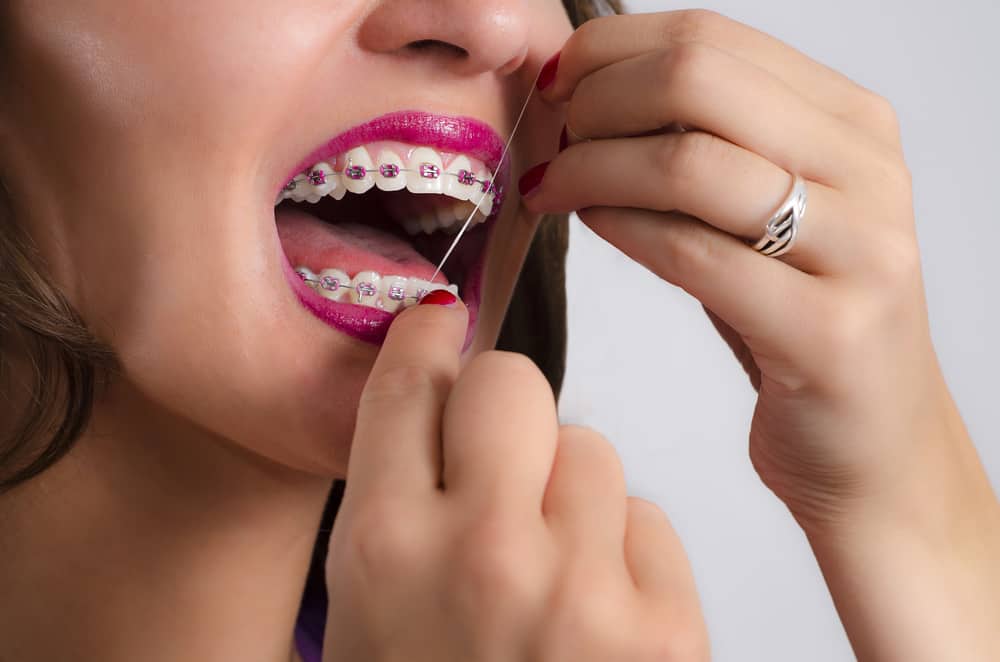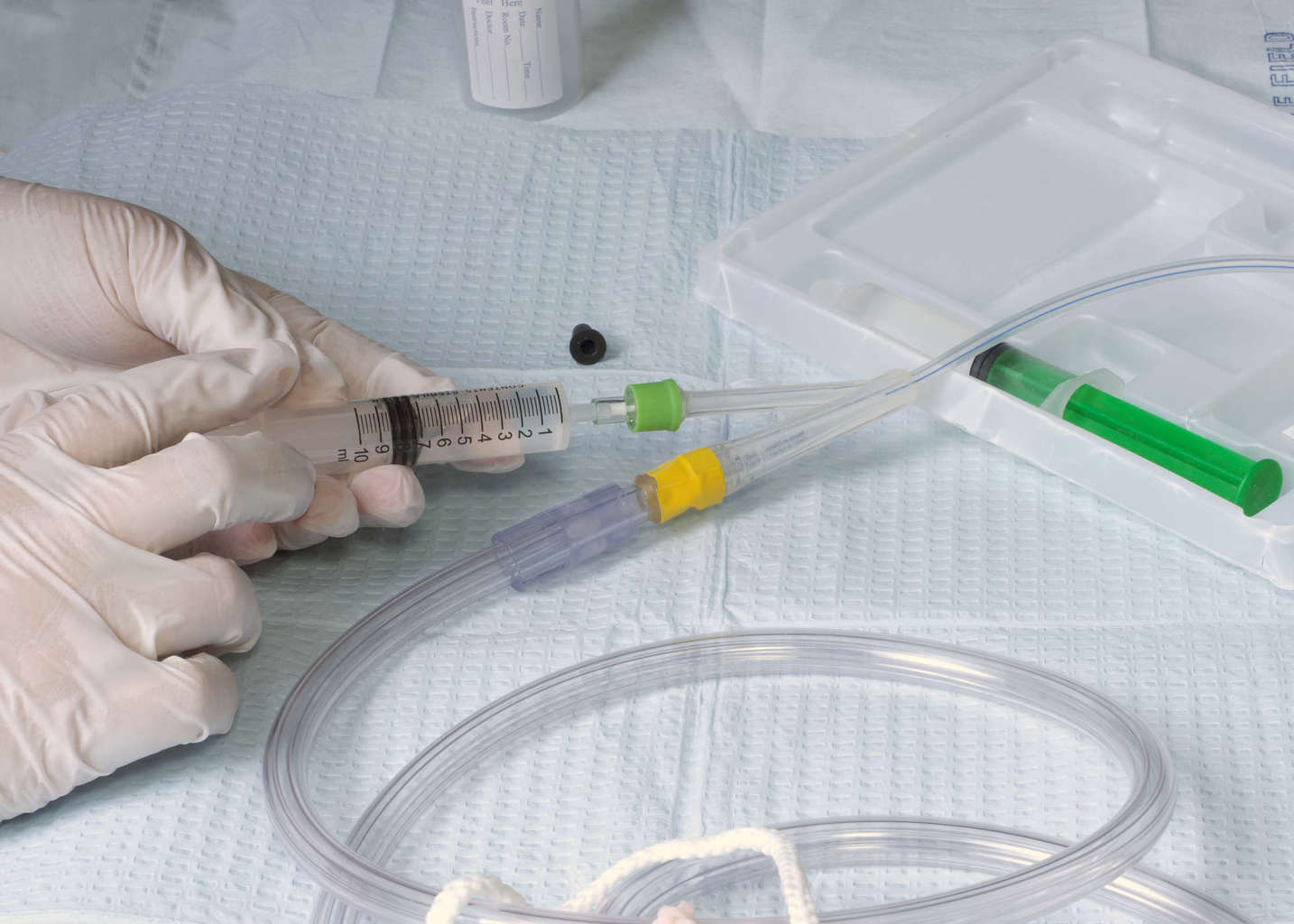Contents:
Medical Video: Don't Fast Before Surgery | Blossom Bariatrics | Las Vegas
If you plan to undergo surgery, you may have been told that you should not eat before surgery - usually for eight to 12 hours before the time of surgery.
Doctors usually have strong reasons for every suggestion they give, but many patients also wonder why they have to empty their stomach before lying on the operating table. It is very important that you follow these instructions to avoid complications during and after your surgery.
Why not eat before surgery?
Fasting before general surgery is recommended by a doctor, especially in major surgeries involving patients under the influence of general anesthesia. General anesthesia makes you unconscious so you cannot feel anything and you also do not realize anything that is going on during your procedure. Usually, before you have general anesthesia, you will not be allowed to eat or drink something.
If your stomach is filled with food during surgery, you can vomit while under the influence of anesthetic. This is because when you are under anesthesia, your body's reflexes are stopped temporarily. A crippling anesthetic combination and intubation (inserting a hole or pipe through mouth or nose for air exchange) allows you to breathe vomit and fill your stomach into the lungs. This condition is called pulmonary aspiration and can cause serious complications, such as infection, pneumonia, and difficulty breathing, which can endanger your condition.
READ ALSO: What Happens During Sex Change Surgery?
Preoperative eating - when you have been told not to - can also cause nausea and vomiting after surgery. Vomiting after surgery can be very painful, apart from the site of the incision and your throat which may still be painful from the surgery itself.
Not all doctors will recommend fasting before surgery
Although there is the potential that patients may vomit and breathe their bowels, the practice of abstinence before this operation is believed to be no longer effective. Reporting from Medical Dailyabout 50 percent of the anesthetists said abstinence after midnight for elective surgery was no longer needed.
Researchers also found vomiting during surgery was a fairly rare side effect. Furthermore, modern anesthetic techniques have made the risk of pulmonary aspiration very unlikely. And when aspiration actually occurs, it almost never causes long-term complications or death. Moreover, studies have shown that empty stomach emptying processes run faster than previously believed, so long periods of fasting do not make a significant difference in preventing pulmonary aspiration.
Not all patients can fast before surgery
Following doctor's advice is the best way to optimal recovery, but it still makes sense to ask about detailed abstinence regulations before surgery and whether these restrictions can be relaxed in your case - especially if you are scheduled for an afternoon surgery procedure. In this case, you might be asked to empty your stomach for more than 12 hours. Doctors and anesthetists are often willing to accommodate your wishes.
Fasting is often associated with various side effects, such as hunger and dehydration, and can also cause headaches, dizziness, and nausea in some people. Dehydration can be serious and make it difficult for nurses to take blood for the necessary tests. A long period of fasting can also add to discomfort during recovery. Doctors and anesthetists are generally willing to accommodate your wishes.
READ ALSO: What Happens When We Suddenly Wake Up When In Surgery?
Also, if you have a medical condition, such as diabetes, that means you need to eat and drink regularly. Therefore, you must inform one of the medical team responsible for you before undergoing surgery. You also have to tell them if you are taking drugs (Do not take your medication if the surgeon does not instruct you to do so).
What can you eat before surgery?
The amount of time needed to fast eating before surgery will depend on what procedure you are taking. However, it is usually six to eight hours for food, and two hours for liquid. In its pre-operative fasting guidelines, the American Society of Anesthesiologists say that it is safe for healthy people of all ages to undergo planned surgery to consume:
- Clear liquids, including water, tea, black coffee, carbonated drinks, and fruit juice without pulp, up to two hours before surgery. You may be warned to avoid certain types of liquids, such as milk, or tea / coffee that use creams because they have protein and fat in them that can damage your lungs.
- Snacks, such as a cup of bread and tea, or a salad with soup, until six hours before surgery.
- Heavy foods, including fried or fatty / fleshy foods, up to eight hours before surgery. However, parents are still advised not to give their children solid food at midnight the night before surgery. Clear liquids, such as water, apple juice, sports drinks, pudding or agar, are safe to consume for up to four hours before the procedure.
READ ALSO: Danger of Choosing a C-section Although Normal Birth

